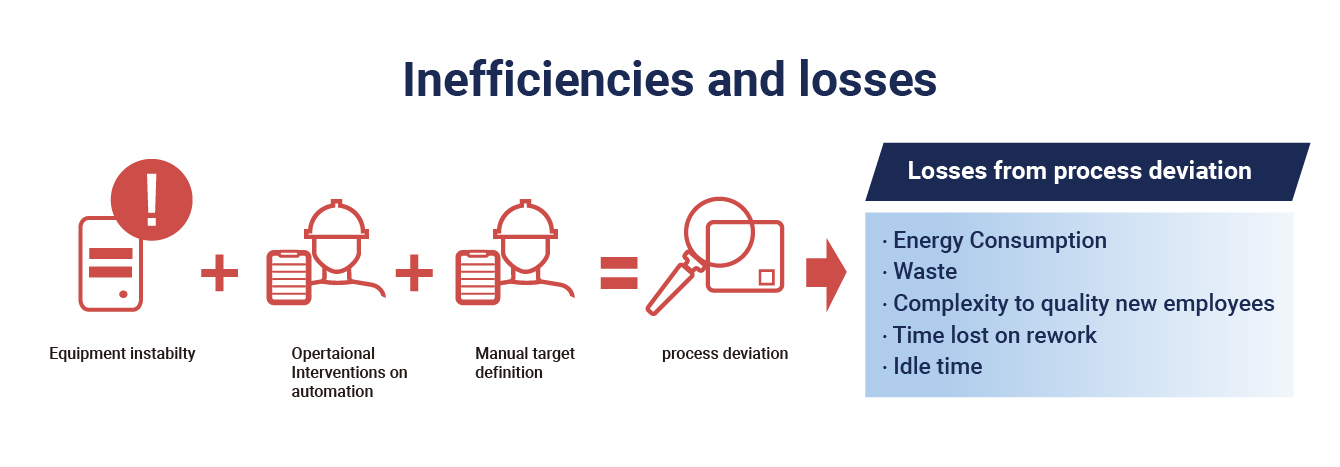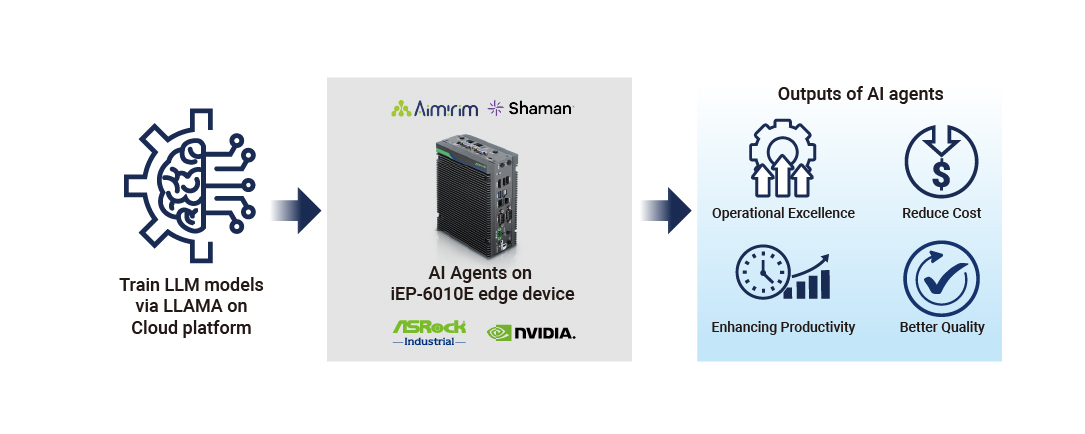British American Tobacco (BAT), a leading global tobacco company, faced significant challenges in process automation, preventing scalability and optimization in production. The factory’s process control relied heavily on human expertise, making it difficult to achieve consistent product production and inefficiencies. Additionally, frequent machine stoppages and the lack of predictive maintenance resulted in higher operational costs, excessive raw material waste, and unnecessary energy consumption during reprocessing. Without a proactive approach to maintenance, the company struggled with unexpected downtime, negatively impacting production output. Furthermore, the factory’s reliance on a IEC 61131 based control system created limitations due to its centralized structure and lack of interoperability, hindering system expansion and the adoption of industry 4.0 and AI-driven technologies. As production needs grew, these outdated automation constraints became a major obstacle to efficiency and future scalability.

